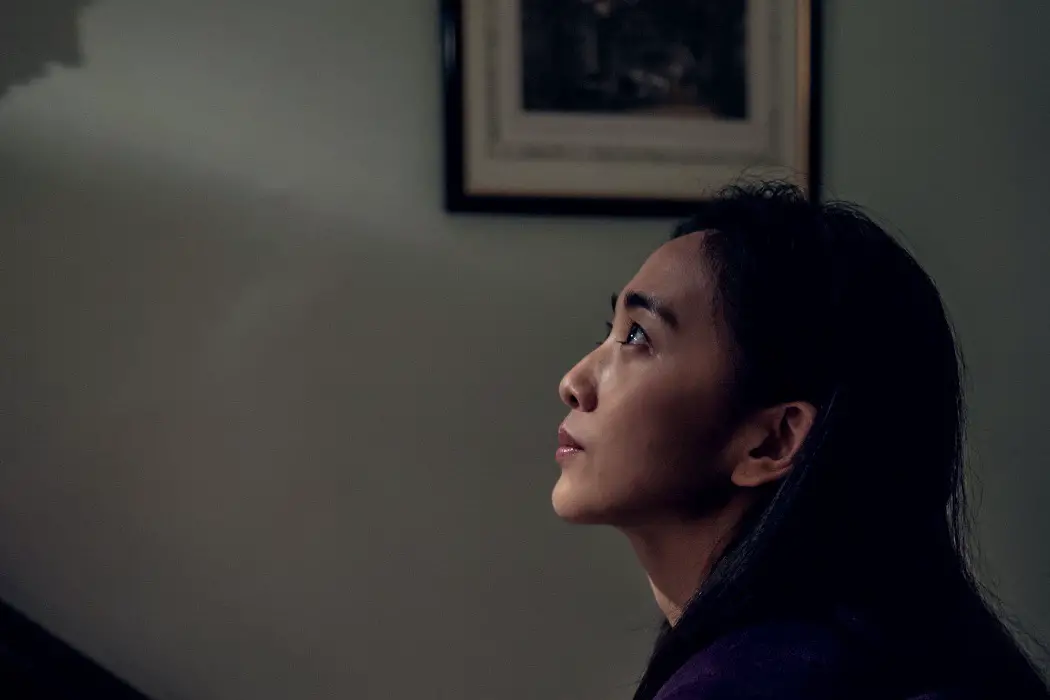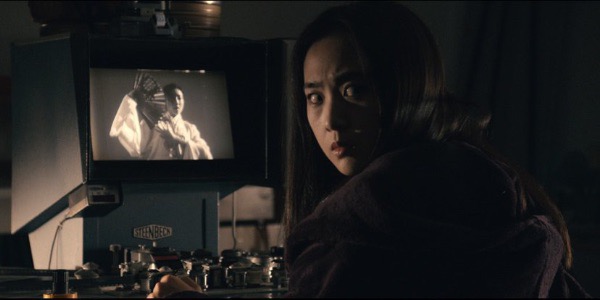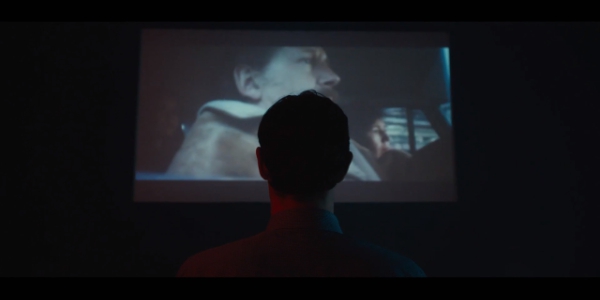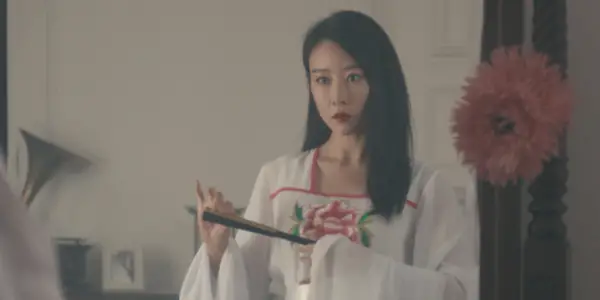SUSU: A Flawed But Interesting Examination Of Orientalism

Zoe Crombie is a Film Studies student from Lancaster University,…
The directorial feature film debut of Yixi Sun, Susu is a quiet work that, whilst at times is a little clumsy, uses a stunning visual style to its advantage in order to convey themes broader than the rather convoluted narrative. Lacking enough scares to be considered a true horror film, but not quite hitting the emotional resonance of a drama, the movie feels like an odd yet compelling examination of cultural appropriation and the aestheticisation of East Asian women.
Synopsis and Screenplay
Susu follows two Chinese women studying in London as they work a job in a country manor house translating the songs of the titular opera singer Susu from Mandarin to English, learning increasingly more about the disturbing history of the woman and her English family. From a brief description of this plot, I became excited to watch the film and unfold the mystery, but unfortunately, I felt rather disappointed in this regard.
The narrative, particularly in the third act, is confusing and clichéd. There are several roles that could have been combined into one character for a more streamlined story, as well as a number of plot twists that are simultaneously predictable and basically unnecessary.

The script is sometimes so obvious and absurd that it spoils the atmosphere crafted by other elements of the filmmaking, with occasionally poor delivery not helping. Pacing wise, it never feels like Susu is moving forward, the predictability of the narrative and the lack of locations not allowing for a sense of progression.
Aesthetics
As her first feature film, it is difficult to draw any concrete conclusions about Sun’s style, but her talents certainly lie in cinematography and design rather than screenwriting. Whilst the dialogue can feel a little blatant at times, the visuals are consistently subtle and beautiful.
The first act, with little speech, manages to convey Qi’an’s social and emotional isolation in London expertly through wide shots and the cold colour palette. The expansive shots of the manor house itself are reminiscent of Zhang Yimou’s depiction of the Raise the Red Lantern mansion, a labyrinth the heroines can’t escape from.
Performances
The majority of the film is carried wonderfully by the two leads: Zitong Wu as Qi’an and Zhu Lin as her friend Aimo. Together they have a fantastic chemistry that makes their sisterly dynamic more believable, and Wu alone brings a likability and determination to Qi’an’s character; particularly when juxtaposed with some of the weaker actors in Susu, she has fantastic subtlety in her emotional expression. Another highlight includes Steve Edwin’s creepy turn as Shirley, the owner of the house, though the choice for the character to cross-dress as an indicator of mental illness feels a little offensive in 2018.

Onto the weaker actors. The moment that Roslyn Hill arrived as Joia Ross, the film lost a fair amount of realism and credibility. She seems lost in thought through most of her line readings, nowhere near as present as her costars, and has no sense of naturalism in her speech. Similarly, Frederick Szkoda as Benjamin seems to be doing a weak Norman Bates impersonation, not quite pathetic or disturbing but not very imposing threatening either.
Exploring Orientalism
From the narrative twists late on in the runtime to the Chinese props in the mise-en-scene, the overarching theme of Orientalism is developed engagingly. The uncomfortable close-ups of English characters sipping from Chinese tea sets serve as visual shorthand for the Colonialist draining of foreign design and resources; the two Chinese leads are even design students, trapped by upper-class English people obsessed with the aesthetics of their country.

Whilst I won’t spoil the film for you, the horror aspects tend towards violence against Chinese women for the sake of their exoticised beauty, dehumanizing and destroying them. We as the viewers spend the majority of the runtime with Qi’an, so the concept of reducing her to an ethnicity and an aesthetic certainly hits closer to home than if she had been used as background decoration, much in the way that women of colour usually are in Western cinema. Sex and the City 2, anyone?
Conclusion: Susu
Susu is a slightly confused movie with a distinct point to make. Whilst not always smoothly or coherently told through the performances and screenplay, the attention to detail in the props, setting and cinematography give the movie a creepy feel somewhat reminiscent of The Shining, though a little less of a polished whole.
Did you enjoy Yixi Sun’s debut feature? Are there other films that present similar critiques of Orientalism? Tell us your thoughts in the comments below!
Susu was released on June 5, 2018 in the UK and the US. For all international release dates, see here.
Does content like this matter to you?
Become a Member and support film journalism. Unlock access to all of Film Inquiry`s great articles. Join a community of like-minded readers who are passionate about cinema - get access to our private members Network, give back to independent filmmakers, and more.
Zoe Crombie is a Film Studies student from Lancaster University, who has been writing for Film Inquiry since May 2018 as well as at her own site Obsess Reviews. She is a big fan of Studio Ghibli and The Marx Brothers, but is willing to watch anything and everything.













